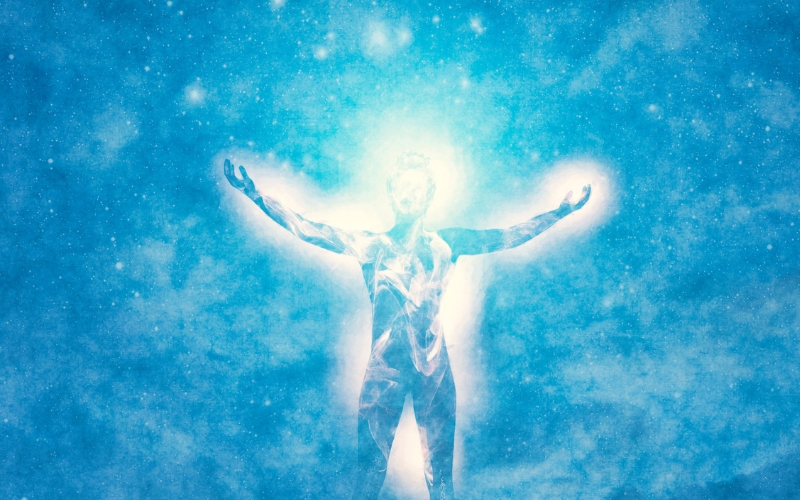My introduction to psychedelics didn’t happen at a Grateful Dead show or in a haze-filled basement in high school.
It first took place in a surgery center where an anesthesiologist administered ketamine to me intravenously. I was looking to treat crushing lifelong depression that was not responding to traditional antidepressants. The theory is that ketamine works by “rewiring” the brain by stimulating regrowth of synapses.
The treatments helped bring me back from the darkness, but I still struggled. In the years following those initial “infusions,” as they called them, I started hearing about research into other psychedelics, like LSD and psilocybin, to treat various mental-health issues. I put my journalism chops to work and began investigating. I found an underground guide and embarked on my first psilocybin journey.
This session was different from the ketamine experiences. It was much more introspective and personal. Over six hours, I felt my mother’s heartache over my sister’s death. I was able to critically examine my behavior without mercilessly berating myself, as I usually do. I felt detached from my physical body, as if my inner soul sat by my bedside, conducting a psychotherapy session with this troubled man-child lying before him.
I also felt a spiritual connection during the journey, something that has always been foreign to me as a self-described agnostic. The psilocybin, 5 grams of “Penis Envy” mushrooms to be exact, helped me connect more deeply with my father, who had died less than a year earlier. I sensed his presence drifting along with a breeze through an open window.
I felt a spiritual connection during my first psilocybin journey – something that has always been foreign to me as a self-described agnostic.
I witnessed my hands transforming into those of my 90-year-old, dying self. That’s how I’ll appear in the end, I thought. In a single afternoon, I lived through an entire lifetime, courtesy of this mind-altering fungus with its earthy, musty and somewhat unpleasant taste and smell.
Profound realizations abounded. I emerged from the experience with a sense of relief and a newfound serenity.
More Stories From the Other Side
Researchers are looking at the power of psychedelics to heal a wide range of maladies, including drug addiction. The “Today Show” recently shed light on ibogaine’s potential as an opioid-addiction treatment, calling it a “game changer.” The segment featured Alan Davis, director of the Center for Psychedelic Drug Research and Education at Ohio State University, who stated that approximately 30% of individuals undergoing ibogaine treatment manage to stay abstinent.
NBC anchor Katie Snow noted that the current success rate for completing drug rehab hovers around 20%.
The segment featured a recovering addict named Bobby who visited a clinic in Mexico for ibogaine treatment a decade ago.
He recounted experiencing a “gigantic hand” enveloping him and pulling him to the ground. Then, a masculine voice told him the reason he was in this experience was because of his decisions. Upon awakening, Bobby claimed his desire for heroin was gone, and he has remained drug-free since.
Davis suggested ibogaine likely impacts the brain’s reward center. What Davis didn’t address was the spiritual awakening that many people experience when consuming psychedelics.
The integration of psychedelics into psychiatry introduces an unprecedented element to Western medicine. Unlike conventional psychotropic medications, such as SSRIs, psychedelics can bring about changes that test the bounds of science-based medicine.
As we navigate the uncharted territory of this transformative therapy with both curiosity and caution, the shared experiences of individuals like Bobby and myself bring hope and raise profound questions about the untapped potential of psychedelics in mental health.
Over the next few months, our exploration will delve deeper into these issues, engaging therapists and mental health professionals in discussions about the evolving landscape and the future integration of psychedelics into mainstream psychiatric practices.

